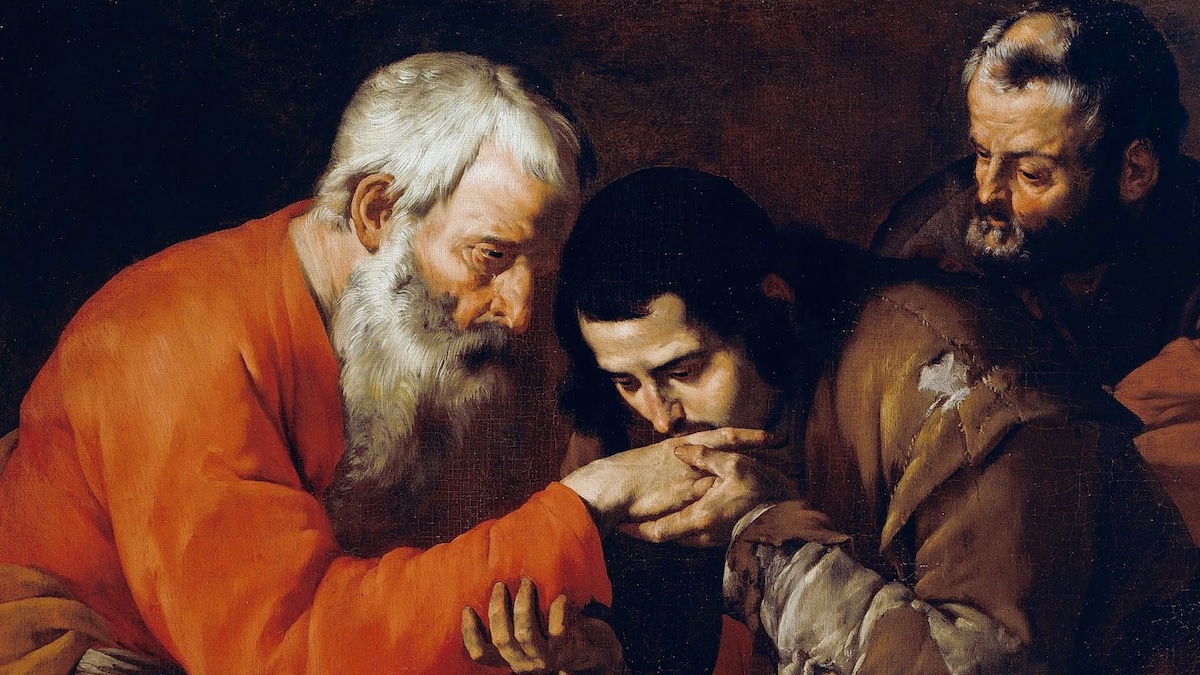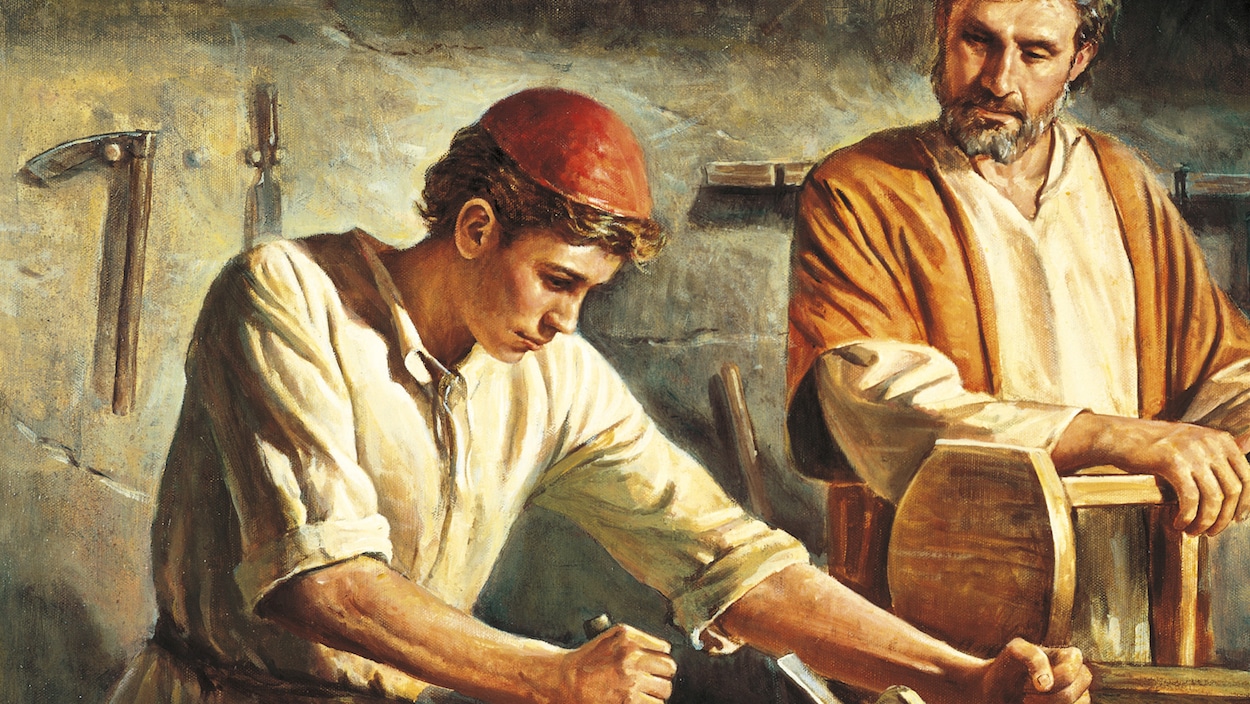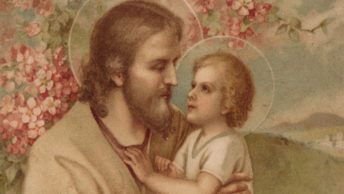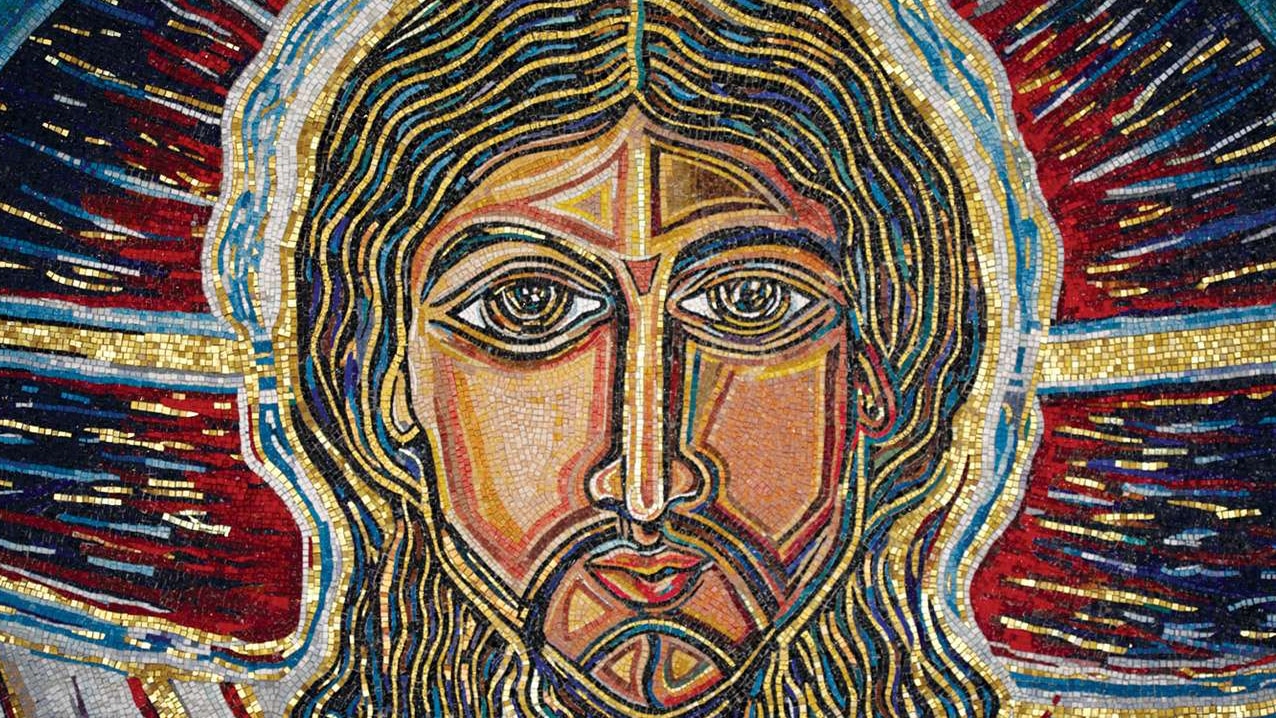Some years ago an elderly man collapsed on a busy street corner in downtown Brooklyn, and in the ambulance on the way to the hospital he kept calling out for his son. A nurse at the hospital went through his wallet, looking for identification, and found a tattered letter from his son—a Marine stationed in North Carolina. That night, when a Marine hurried into the hospital, the nurse on duty assumed he was the old man’s son, so she took him to his bed, awakened the man, and said, “Your son is here!” The old man was heavily sedated, and could barely make out his son’s face, but recognized the uniform. The Marine sat down, took the man’s hand, and held it all night long as he passed in and out of consciousness; he listened to him when he spoke and answered him tenderly. A couple of times the nurse urged the Marine to take a break and get something to eat or drink, but he refused to leave his bedside post.
The old man died just before dawn, and when the nurse said, “I’m truly sorry about your father’s death,” the Marine answered, “He’s not my father; I never saw him before in my life. I came here to the hospital to see someone else.” “What?” the nurse asked in surprise. “Why didn’t you say something?” The Marine explained, “I would have, but I could see the old man was too sick to realize I wasn’t his son. I could see that he was slipping fast and needed a son to be here with him, so I decided to be that son” (Mark Link, Illustrated Sunday Homilies, Year B, Series II, p. 59). This is a wonderful story of compassion, and a true example of what being a Christian is all about. A Marine chose to spend the entire night at the bedside of a complete stranger, simply because this dying man needed him. Sometimes doing the right or noble thing can be very inconvenient—but if we wish to imitate the compassion of Jesus, we must be willing to pay this price.
In Old Testament times the term leprosy referred not only to the relatively rare affliction we know today as Hansen’s Disease, but to any persistent skin disease—making it a fairly common problem. Infectious diseases of this sort could only be controlled by keeping the victim isolated from everyone else; leprosy was also seen as rendering a person ritually unclean and unworthy to approach God in worship or to associate with His Chosen People. That’s why the Law of Moses, as expressed in the Book of Leviticus (13:1-2, 44-46), was so harsh; lepers had to live in the wilderness, shave their heads and tear their garments as a sign of mourning, and shout out “Unclean!” Unclean!” if anyone came too close. That’s also why the incident described in the Gospel of Mark (1:40-45) would have been absolutely shocking to those who witnessed it. First of all, a leper, a social outcast or pariah, dared to violate the Law by drawing near and approaching Jesus; secondly, Our Lord responded to his brazenness not with outrage, but with compassion—and in the act of healing the leper, actually touched him, thereby making Himself ritually unclean in the eyes of the Law. Jesus told the man to observe the Law by finding a temple priest in Jerusalem who would officially declare him clean, for this would allow him to resume his place in society—but he was otherwise told to keep his healing to himself. The former leper, however, was so overjoyed that he couldn’t contain himself; he told everyone he met what happened. As a result, Jesus no longer had any privacy, as everyone kept looking for and coming to Him; He had to pay a price for His compassion.
St. Paul told the Corinthians (1 Cor 10:31-11:1) that he tried to please everyone in every way, and sought not his own benefit, but the well-being of others. Most of us know from experience that trying to please everyone is not an easy formula to follow; in fact, it’s usually impossible—but as Christians, we are supposed to be genuinely concerned for all other people, even when it’s inconvenient. With the help of God’s grace, this is possible. Sometimes there’s a real price to be paid in being friendly, helpful, loving, forgiving, and accepting—but Jesus was always willing to pay this price, and He asks us to do our best, as well.
The late radio broadcaster Paul Harvey once told a story about an eight-year-old boy named Ben who won a contest at a local McDonald’s; the prize was a brand new bike. However, Ben told his parents that because he already had a new bike from last Christmas, he wanted to give the prize to his friend Kevin, whose parents were unable to afford a new bike for him. When the manager of the McDonald’s heard of this, she was impressed by the boy’s thoughtfulness; she invited Ben and his family to dinner at the restaurant, and during the meal presented him with a $100 gift certificate to reward him for his generosity. The next day Ben went shopping—and used the $100 to buy a crash helmet for his friend Kevin (Steve May, The Story File, p. 65).
Compassion and generosity come naturally to children; when they see someone in need, quite often their first impulse is to do what they can to help, without thinking about themselves. If we’ve lost this tendency over the years, Jesus wants us to do what we can to recover it. This involves praying to God and asking Him to grant us a more loving heart; trying to be more aware of the problems of others and our opportunities to assist them; reminding ourselves that sometimes other people’s needs should have a higher priority than our own schedules and convenience; realizing that a little bit of time or effort on our part can make a real difference in someone else’s life; and truly believing Our Lord’s promise that whatever we do for one of His least brothers or sisters, we do for Him.
Few people today suffer from leprosy, but many people feel lonely, unrecognized, or isolated in their pain. When we see another person suffering, it’s very easy for us to say by our words or actions, “Gee, that’s too bad, but it’s not my problem.” Jesus never did this, and He asks us to overcome this temptation, as well. We are called instead to make a real difference by our efforts to be there for the other person—and when we do this, we are truly following in the footsteps of our Master.








